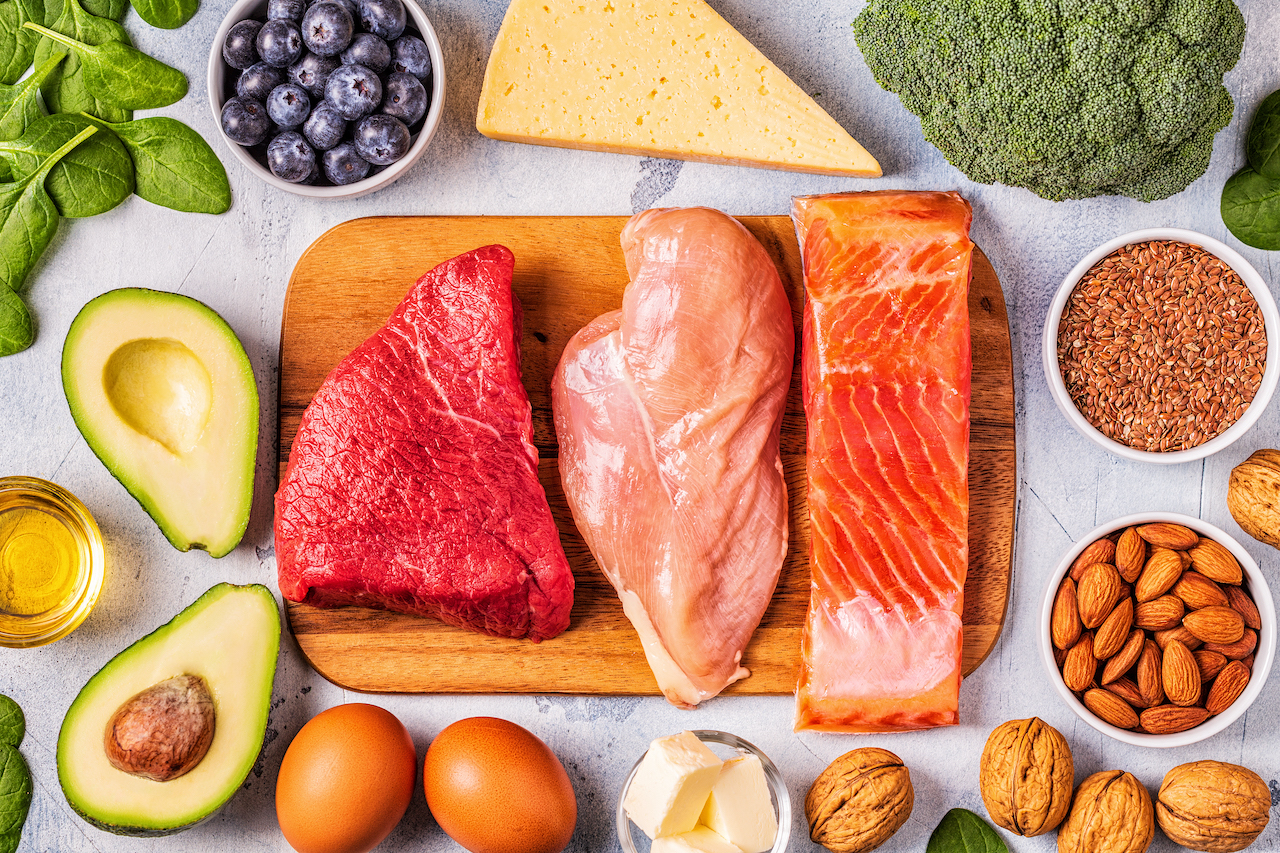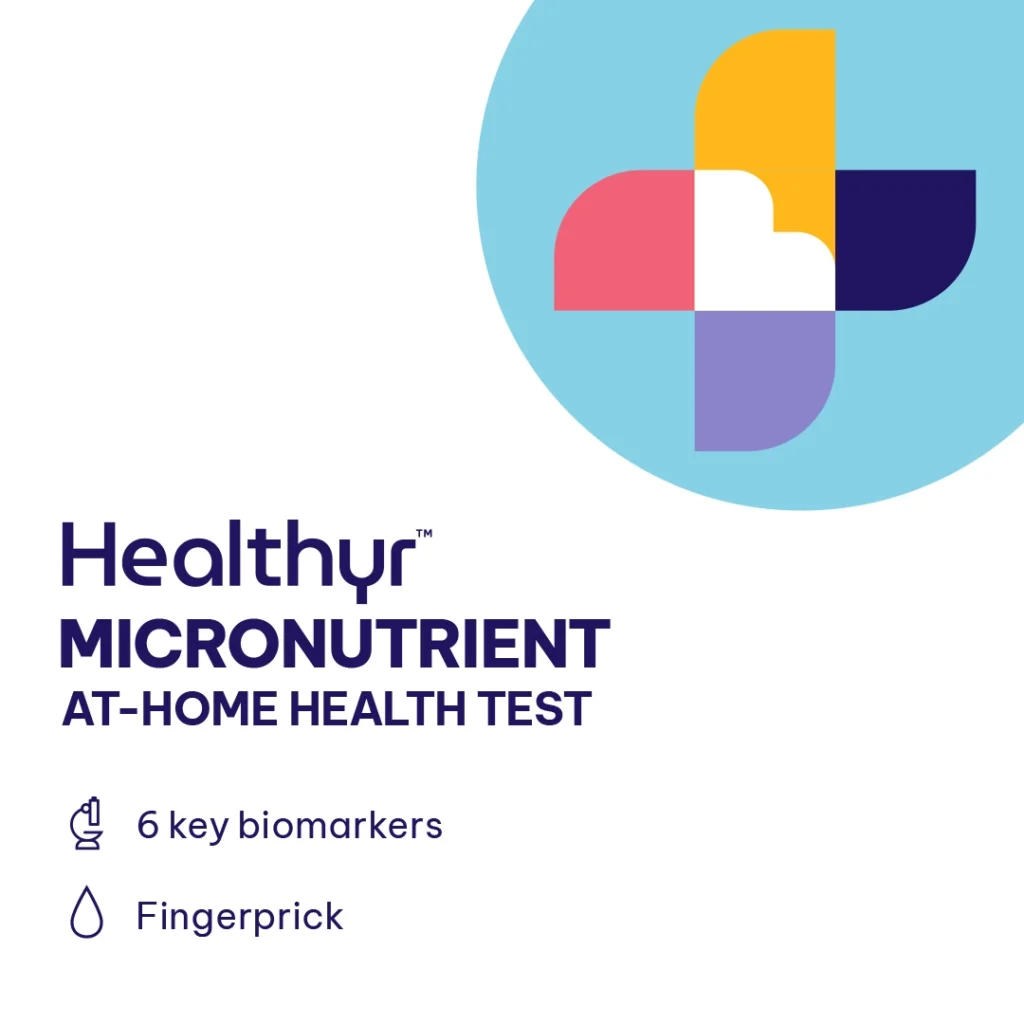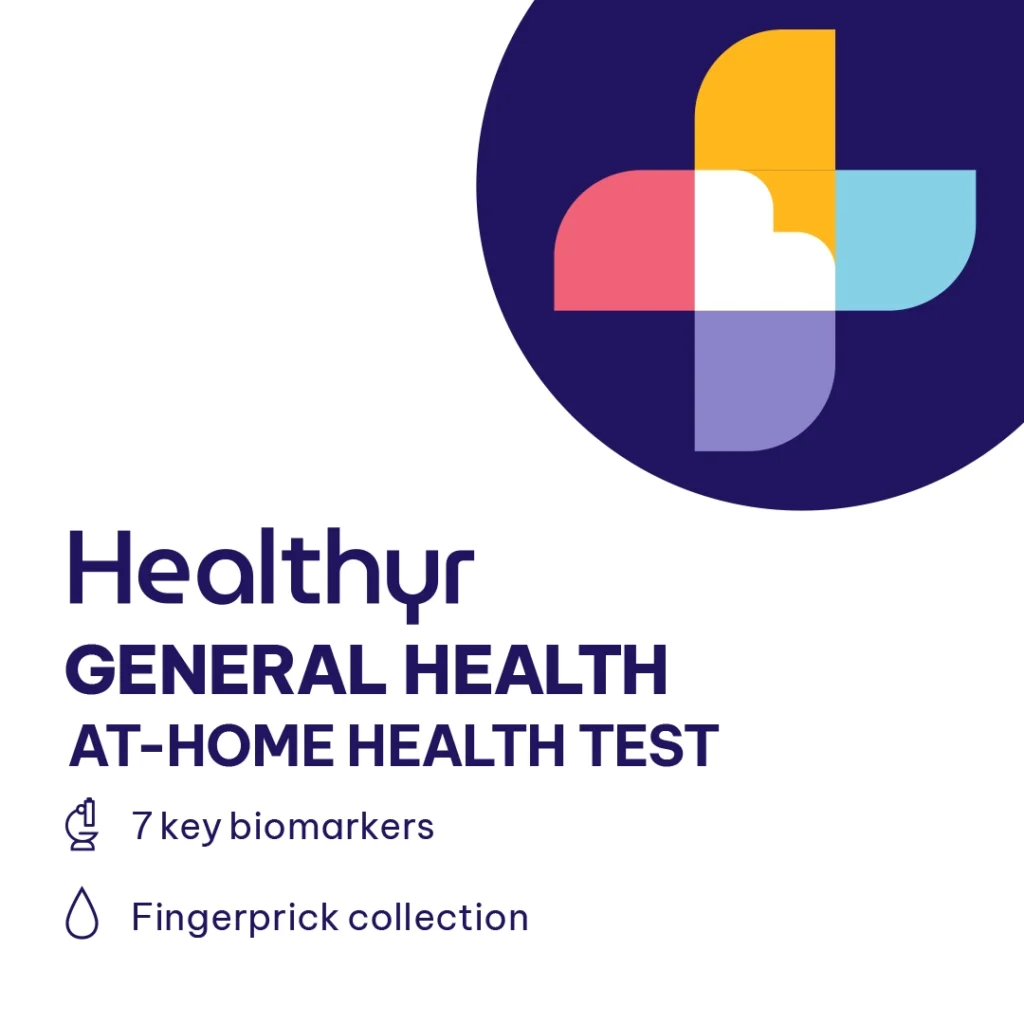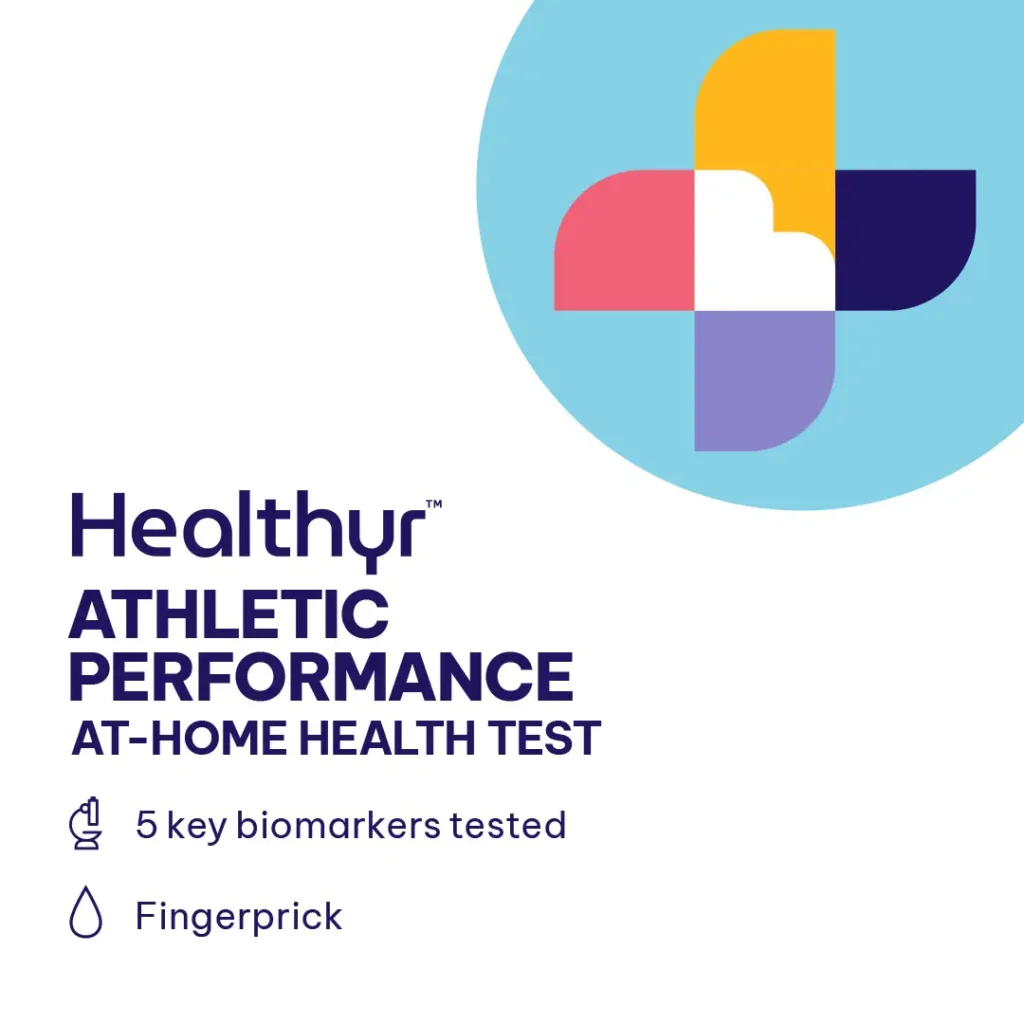
Have you ever considered the impact of the food you eat on your mental well-being? It’s fascinating how the foods we consume can significantly affect our mental health. We often don’t realize how important micronutrients are to maintaining good mental health. Studies show that the standard American diet lacks many vital nutrients essential to mental wellness. We’ll explore the links between micronutrient deficiencies and mental health in more detail and share some great tips on incorporating these nutrients into your diet so you’re getting enough of them.
Magnesium
Getting enough magnesium is super important for staying healthy. This mineral helps out with all sorts of things, like keeping our muscles and nerves working right, regulating blood sugar, and controlling blood pressure. Plus, some studies have even shown that magnesium can help improve our mood and reduce anxiety and depression. If you want to up your magnesium intake, try these foods that are rich in magnesium:
Legumes
- Black beans
- Chickpeas
- Lentils
Whole Grains
- Brown rice
- Quinoa
- Oats
- Whole wheat
Nuts and Seeds
- Almonds
- Cashews
- Pumpkin seeds
- Flaxseeds
- Chia seeds
Calcium
- Milk (cow’s milk, almond milk, soy milk, etc.)
- Yogurt
- Cheese (cheddar, mozzarella, feta, etc.)
Leafy Green Vegetables
- Spinach
- Kale
- Collard greens
- Bok choy
- Almonds
- Chia seeds
- Sesame seeds
Vitamin B12
- Clams
- Mussels
- Oysters
- Beef
- Lamb
- Pork
- Chicken
- Turkey
- Milk
- Yogurt
- Cheese
- Fortified plant-based milk (e.g., almond milk, soy milk)
- Fortified breakfast cereals
- Fortified nutritional yeast
Vitamin D
- Fatty fish such as salmon, tuna, and mackerel
- Egg yolks
- Fortified Products like orange juice and cereal
- Mushrooms
- Cod Liver Oil
Ferritin
- Beef
- Lamb
- Pork
- Clams
- Oysters
- Mussels
- Sardines
- Salmon
Spinach
Pumpkin and Sunflower Seeds
Folate
- Asparagus
- Avocado
- Broccoli
- Citrus Fruits (grapefruit, oranges, lemons)
- Papaya
- Brussels Sprouts
Wrap Up
Monitoring your micronutrient levels is important for maintaining good mental health. In addition to eating a balanced diet, Healthyr’s Micronutrient Test can comprehensively analyze your body’s nutrient levels, including those that are essential for mental well-being. With a simple prick of your finger in the comfort of your own home, you can have the information you need to give your body all the nutrients it needs. It’s easy, convenient, and can make a big difference in how you feel every day.
Enjoyed the Article? Share It!








